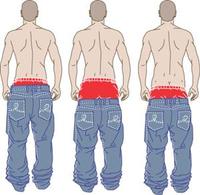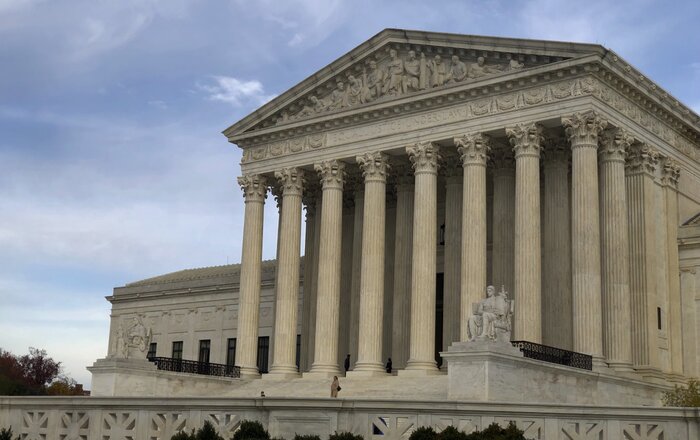Editorial Standards
Rosenblum Law is committed to delivering informative content of the highest quality. All content is subject to our rigorous editorial standards for relevance, accuracy, sourcing, and objectivity. Everything is fact-checked by an editor and reviewed for legal soundness by one of our practicing attorneys prior to being published.
How to Cite Rosenblum Law’s Article
APA
Adam H. Rosenblum (Sep 5, 2012). Top 10 Questions to Ask a Criminal Lawyer Before Hiring Him. Rosenblum Law Firm, https://rosenblumlaw.com/top-10-questions-to-ask-a-criminal-lawyer-before-hiring-him/
MLA
Adam H. Rosenblum "Top 10 Questions to Ask a Criminal Lawyer Before Hiring Him". Rosenblum Law Firm, Sep 5, 2012. https://rosenblumlaw.com/top-10-questions-to-ask-a-criminal-lawyer-before-hiring-him/



